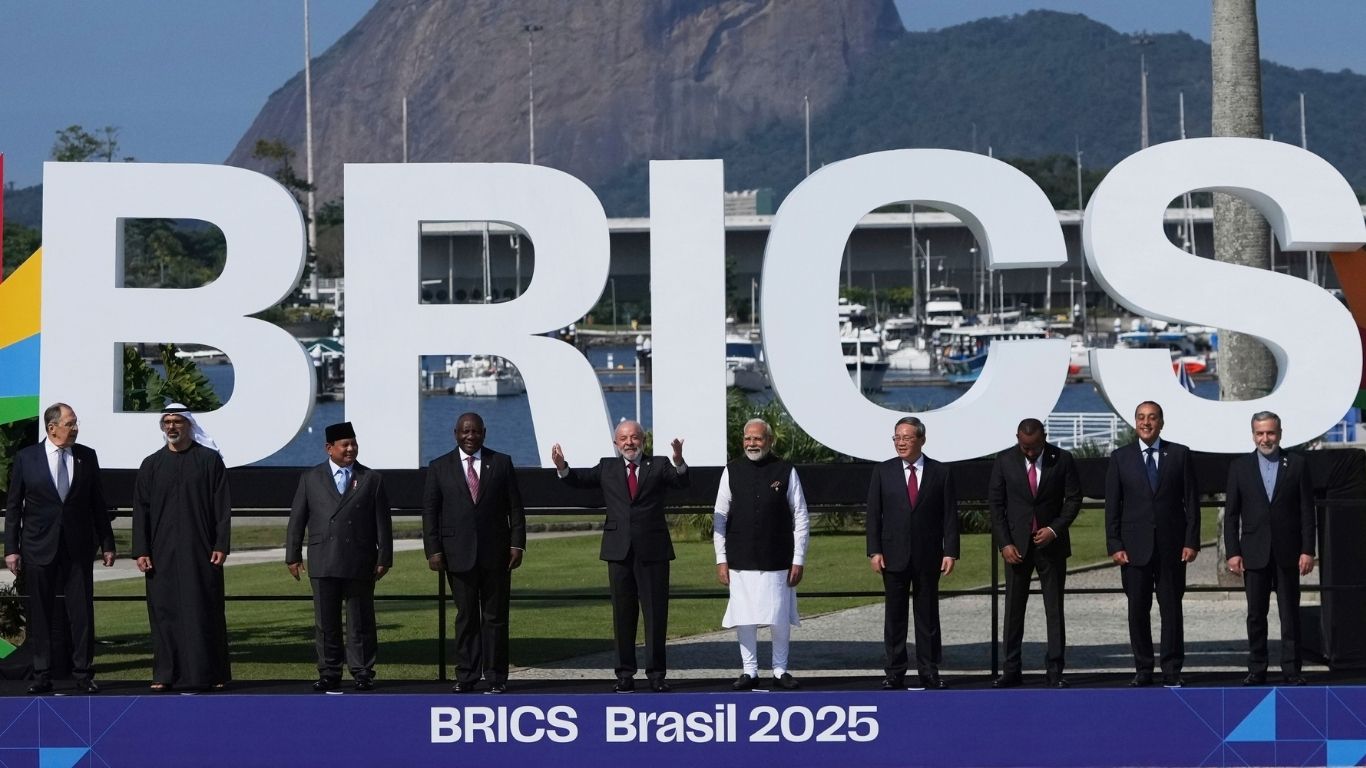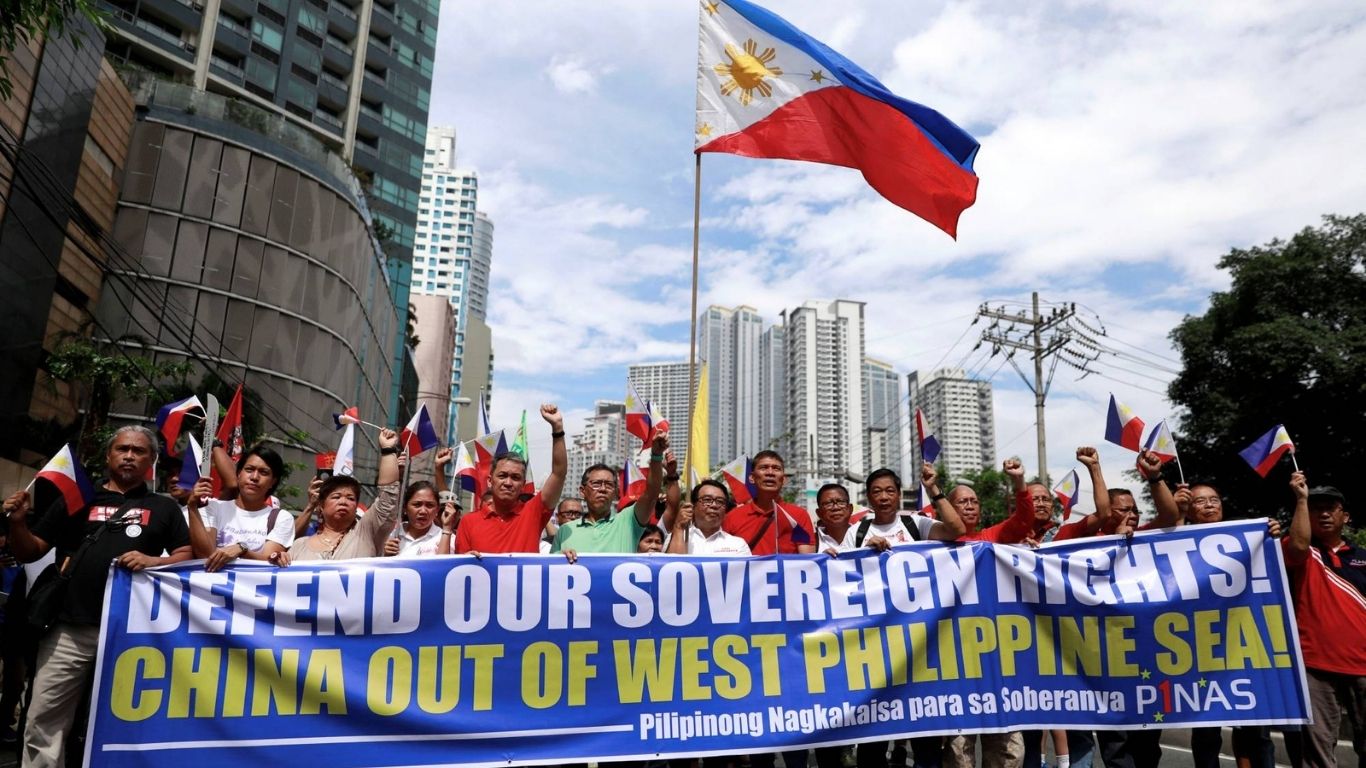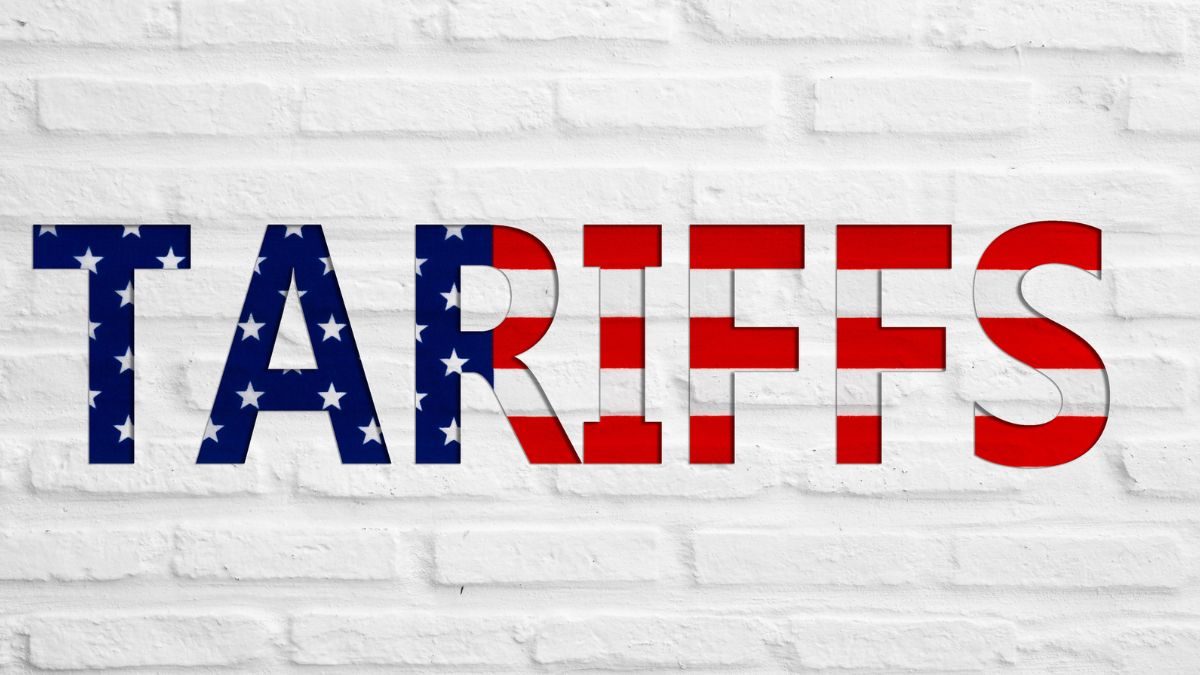With Donald Trump gearing up to reclaim the presidency after 2024 elections, his policies toward Israel, Palestine and the Middle East in general are vital when examined. His first tenure as the 45th president was a digression from decades of international relations on foreign policies, especially those in the Middle East. During Trump’s administration, America volunteered for doctrines that in reality where presented by the trump administration as pro-peace and pro-stability, it presented them as more pro-war profiting although it is against war.
Trump’s foreign policy arc is set for more turbulence, particularly should the Republicans win the Senate and possibly also the House of Representatives, which would give his presidency an even more polarised agenda for the second term of his administration. In the 2024 campaign, Trump called for significant shift in the foreign policy of the United States. “We have been treated so badly, mostly by allies,” he said at the rally held in Wisconsin, stressing his opinion that the United States was used by its foreign partners particularly in the sphere of trade relations.
Trump’s Middle Eastern Diplomacy: The Pro-Israel Position Taking with Considerations
The Middle East was one of Trump’s primary foreign policy focuses and, invariably, a primary focus on boosting Israel’s standing, which Trump boasted was one of his administration’s biggest achievements. It brought about a complete transformation in the ways the United States supports Israel though relying on Zionist organizations and key allies, Kushner and Pompeo. It is important to note the ban was evident early in the tenure of the 45th president, actions that broke with traditional American geopolitical realpolitik , that fully served the interests of successive Israeli governments.
In December 2017, Trump made a historic and a shocking move of recognising Jerusalem as Israel’s capital, a move thatalarmed Arab and Muslim countries but greatly applauded within Israel and Trump’s voting bloc. The move of the American embassy in 2018 from Tel Aviv to Jerusalem was one of the most radical changes in extremism in the recent years. Moreover, Trump’s declaration of Israel as the sovereign state of Golan heights in 2019 was also an expansion of pro-Israel policy.
Trump administration also ceased membership in international bodies that are hostile towards Israel including the United Nations Human Rights Council and also undertook steps that weaken Palestinian authority. The shutting down of the Palestinian Liberation Organization office in Washington and the reduction of $200 million of aid to the Palestinian Authority was seen as evidence of his administration’s willingness to upset the balance in favour of Israel.
However, like any other president, Trump had his disagreements with the Israeli Prime Minister Benjamin Netanyahu. Culled from White House on some leaked talks it pointed out that Trump might have held a negative attitude towards Netanyahu as much as he supported Palestinian leadership, though his actions supported israeli polices fully. His foreign policy in region served not the long-lasting peace but the extension of Israeli territory and power, and geopolitical goals ignoring the Palestinian’s rights.
Trump’s Middle Eastern Legacy: The Business Interests as well as Diplomacy
Business-like mindset of Trump was the primary type of diplomacy, the existence of which the president often mentioned in the framework of the “Art of the Deal”. For Middle Eastern countries this implied adopting a realist outlook for other multilateral relations especially with the Kingdom of Saudi Arabia. Trump was particularly committed to arms deals while in office, perhaps most memorably the $110 billion deal with the Kingdom of Saudi Arabia during his presidential tour of the country. These deals with Saudi Arabia of projecting the U.S.-Saudi relations and with a view to supporting Saudi Arabia’s ongoing wars from Yemen war that involved U.S. arms central to the war.
Another clear example of the business-first approach among the Trump administration was the administration’s policy on Iran. The sanctions back on Tehran resulted from Trump’s decision to abandon the Iran nuclear deal, which was also a very unpopular decision. Its effects included damaging Iran’s economy while raising military tensions: the United States and Iran again found themselves directly or indirectly opposed in numerous proxy conflicts around the region. Furthermore, Trump’s decision to declare the Iran’s Islamic Revolutionary Guard Corps (IRGC) as a terrorist organization restricted the beneficial negotiations making it difficult for the U.S to deal with significant actors in the region.
At the same time, sources of income of the American president were also tied to the Middle East: Trump had a $1.6 billion deal in Oman and had invested heavily in Saudi Arabia. His son-in-law Jared Kushner went even further and enriched his role in the region – Kusher’s private equity company received hundreds of millions of dollars from the Persian Gulf monarchies, including $ 2 billion from the Saudi Arabian SWF.
A Shift in Focus: Abraham Accords and Trump’s dealt known as “Deal of the Century”
One of Trump’s most advertised successes in the Middle East was the agreements made by some Arab countries Bahrain, United Arab Emirates, Sudan, and Morocco to recognize and normalize the relations with Israel. These were done under what has become infamously referred to as the Abraham Accords, much to the delight of Trump and his administration. However, these agreements where perceived as a political maneuver that downplayed the Palestinians’ political standing in benefit for economic and geo-political reasons. The general public in time of signing of many of the signatory countries, especially in the Arab world, expressed their doubts and reservation in the accords as protest against Israeli policies in Gaza & West Bank.
Trump also supported the so called Deal of the Century that was aimed at solving the conflict between Israelis and Palestinians. The proposal expounded on making Palestinian economic gains through relinquishing an independent state with only limited authority over the occupied territories to Israel. Although the given plan was never properly enforced, it demonstrated the core idea of Trump’s foreign policy – narrow self-interest without a concern for the future stability in the region.
Trump’s Contradictory Legacy: This paper compares the argument made by the anti-war rhetoric against the pro-war policies of the US government.
Despite Trump attempting to portray himself as the ‘anti-war’ president, he was actually the opposite. He did order the pullout of US troops form some Middle Eastern nations most notably Afghanistan, and claimed responsibility for the defeat of ISIS in Syria. However, his administration was characterized by military incursions like the killing of Iran’s top general Qassem Soleimani in January 2020 that almost sparked a war between the US and Iran. The prolonged American intervention in Syria to fight ISIS and Trump’s decision to launch missile strikes on the Syrian government positions also testified to the fact that he was also not averse to using force where it was intrest of America.
In addition to that, Trump administration approved major arms sales with volatile countries such as Saudi Arabia, which only contributed to enhancing volatility in the region. These sales, described as attempts to bolster America’s allies, also helped US defense manufacturers, and were a significant source of friction in his presidency.
Conclusion: Possible Developments of Trump’s Middle East Policies
While Trump considers the possibility of re-election in 2020 his policies on Middle East can be best described as an unyielding solidarity with Israel, coupled with the pragmatic approach to diplomacy and business-first realism in his perception of international relations. As much as he has condemned the Biden administration on the Israel-Palestine conflict especially on its endorsement of the Israel’s campaign in the Gaza Strip, his Middle East politics will not drastically change. His heavily pro-Israel stance combined with his pragmatic approach to these matters that is still based on business-like calculation, makes him a mover and shaker in the region, but an ideologically motivated and financially invested one as well.
Finally, thereby lies the make of Trump’s foreign policy in the Middle East, a convergence of strategic self-interests, domestic politics, and the enduring imperialism of personality interests rooted in his business venture. With the political events leading up to the 2024 election in sight, the dynamics of US relations with Israel, Palestine or even the Middle East will-change with Trump acting as the main determinant of that change.




